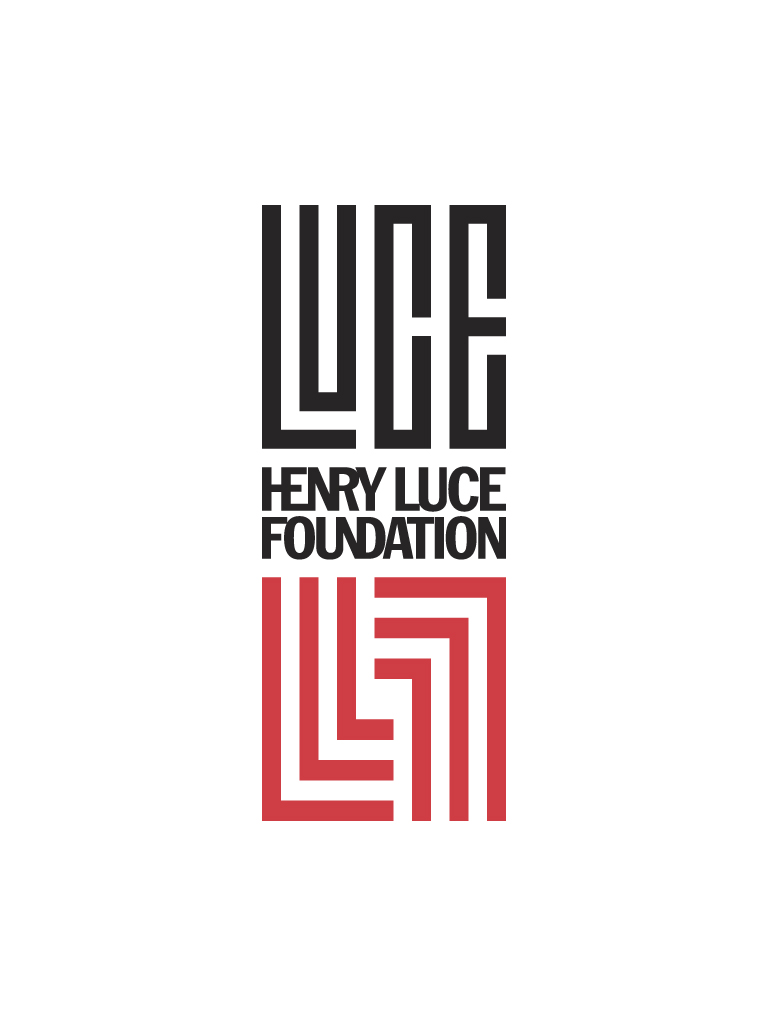Making interdisciplinary connections and improving waste reduction methods are the goals of the team of faculty recently awarded a $50,000 grant.
The grant is one of five awarded nationwide and comes from the Henry Luce Foundation, a nonprofit with a variety of grant programs.
John Krygier, professor of geology and geography, is one of the grant’s campus coordinators and helped write the proposal.
He said the money will be used for exploratory research in Taiwan, South Korea and Japan that will promote collaboration between professors and students involved with environmental studies and East Asian studies, and possibly other disciplines.
“The idea is to look at some ways that faculty and classes in those two different areas interact,” Krygier said. “It comes down to helping faculty get more Asian content in their environmental courses and get more environmental content in Asian courses.”
He said there is money available for students to get involved, and interested students should contact him.
The exploratory grant encourages faculty to collaborate with colleagues who have different, but complementary perspectives on the world, he said.
“Nobody here is an expert on waste, but you get smart faculty and students together and you just pick a topic, like waste, and say ‘How would that be looked at in your field?’” Krygier said.
Taiwan, South Korea and Japan have been innovators in waste reduction, and some of the methods they have developed could be applied in the United States, he said.
The grant money will also be used to examine the waste reduction practices of nearby companies with Asian roots. One such company is Honda, which aims to reduce its waste to zero.
“That is to a reasonable degree inspired by their Japanese headquarters, though it plays out in the United States very differently,” Krygier said. “So, it’s interesting to look at how ideas about waste management have diffused to the United States.”
Much of the research will occur this summer and fall. Next semester, there will be a symposium and workshop in which faculty and students will present their research.
Krygier said if the project goes well, they have the opportunity to be awarded an additional $400,000 to expand on their work.
Junior Reilly Reynolds, moderator of Tree House, said it is great OWU can connect with other countries on sustainability issues because they should be important to everyone.
“The majority of people at OWU are white, privileged, middle to upper class Americans who will never be affected firsthand by climate change by being forced to live in areas where the environment is unsafe,” Reynolds said. “So, in order to find the purpose of caring, we must look outside of ourselves.”
